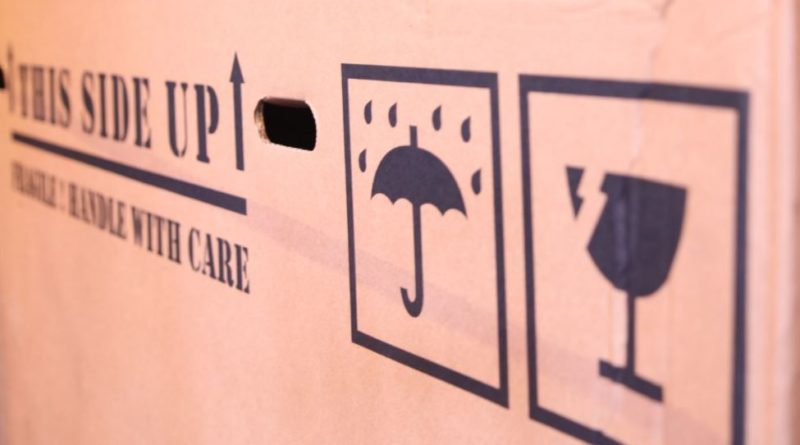New anti-dumping methodology passes through EU parliament
The European Parliament yesterday passed new anti-dumping rules, requiring trade partners exporting into the EU to meet revamped international social and environmental standards.
The news comes as Chinese businesses lock horns with the European Bicycle Manufacturer’s Association, claiming that complaint evidence it has submitted on dumping makes a number of false accusations.
MEPs yesterday voted in favour of trade rules that aim to protect EU jobs and businesses against “unfairly cheap imports from third countries that interfere heavily in the economy”.
CONEBI estimates that some 90,000 jobs in Europe are either directly or indirectly attributed to the cycling business. These are said to generate over 1 billion Euros in investments and approximately 12 billion Euros of Industrial output. Some of those jobs are filled right here on CyclingIndustry.news’ Jobs Board.
According to the European Parliament, the rules now include:
- the impact of social and environmental dumping will be taken into account when deciding on anti-dumping measures,
- the EU Commission is to monitor circumstances in exporting countries. EU firms may rely on these reports when lodging complaints,
- there will be no additional burden of proof on EU companies in anti‑dumping cases, on top of the current procedure,
- small and medium-sized enterprises will get help to deal with procedures,
- all parties involved, particularly trade unions, may give input to decisions on trade defence measures.
MEPs voted 554 votes to 48 in favour, with 80 abstentions. The regulation is now expected to be fully approved by the end of 2017.
Steel, aluminium, bicycles, cement, chemicals, ceramics, glass paper and solar panels industries are among those impacted by dumping amendments and the new rules are expected to enable the EU to target imports “where prices are not market based, due to state interference.”
MEPs are also negotiating further plans to update the EU’s trade defence instruments with a view to raising tariffs against dumped or subsidised imports from countries “that do not interfere extensively in the economy”.



